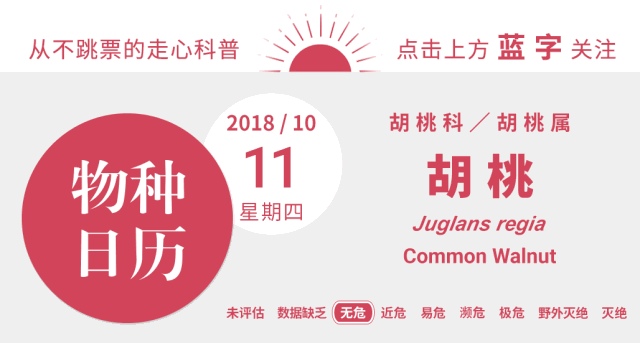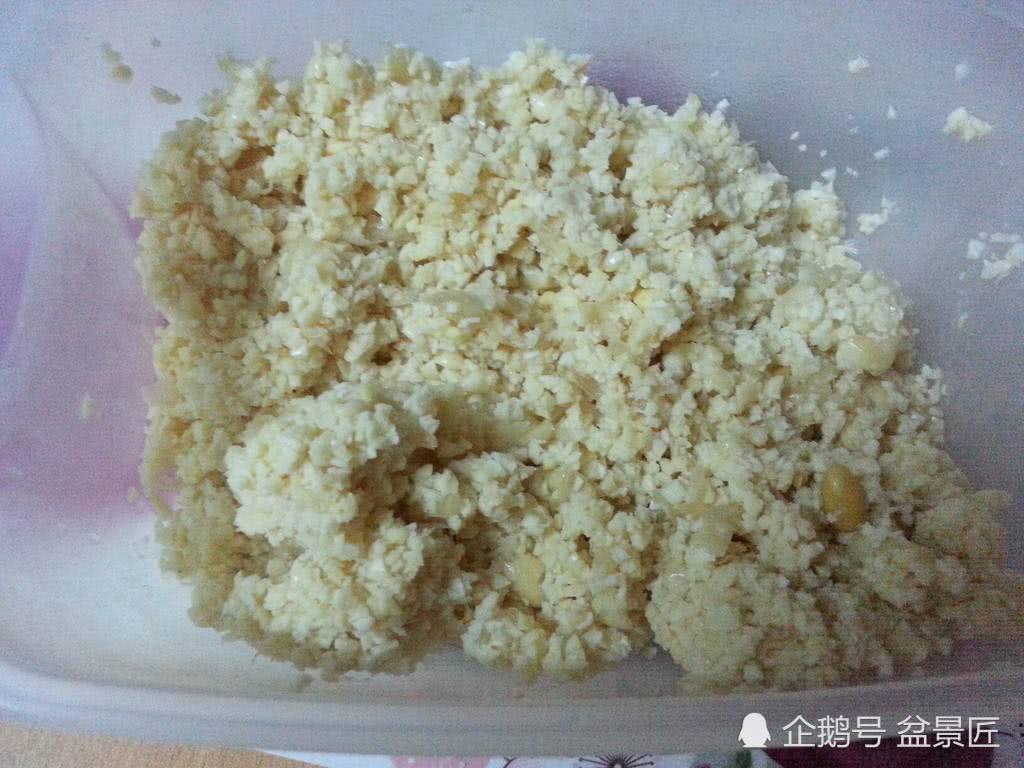Often use your brain. Do you want to eat more walnuts?

When it comes to walnuts, you'll probably think of Tchaikovsky's famous ballet "the Nutcracker", but fewer people have seen Hoffman's original "the Nutcracker and the Mouse King." What we are exposed to now are generally adapted works, but most of the wild ideas and beautiful elements such as unity and enthusiasm are preserved.
Walnut fruit. Picture: George Chernilevsky / wikimedia
The Nutcracker was premiered for the first time in St. Petersburg on December 18, 1892. Picture: wikimedia
You don't need a cell phone to open a walnut.
Walnut is what we usually call walnut, and "nutcracker" is something similar to walnut pliers.
Such as toys and furnishings, all kinds of nutcrackers themselves are very exquisite. Picture: pixabay
When I was a child, I always thought that the "toy soldier" in the Nutcracker was made of nutshell, so it was called a nutcracker, and I always believed that it should be a nutcracker. I was shocked for a long time when I learned that it was actually a walnut opener in the shape of a toy soldier.
This is probably how the walnut is crushed. Picture: pearlvids / youtube
There are many fairy tales really related to walnuts. There are several passages in Grimm's fairy tales that open walnuts and get all kinds of objects. For example, in the Prince in the Iron Furnace, the princess opens three walnuts with gorgeous skirts. Well, it was these stories that deepened my erroneous obsession with the "walnut box".
Peaches from Hu
According to legend, walnuts were introduced into China from the Western regions in the Han Dynasty, so they were called "Hu" peaches at that time. During the Eastern Han Dynasty, Walnut began to have clear written records, such as the Book of Kong Rong and Zhu Qing at the end of the Eastern Han Dynasty.
At that time, the walnuts that flowed into China from the Western regions were basically just fruits, mostly brought or paid tribute by businessmen who traveled between the Western regions and the Central Plains. In the translation of Indian Buddhist sutras at the same time, Buddhism explained by Indian walnuts appeared, so some people think that some walnuts were introduced by monks from India.
Walnut monoecious and dioecious. Picture: JOfoto & Georg Slickers / wikimedia
Although walnut fruit entered China at that time, walnut trees and their planting methods have not been introduced or spread. Limited by transportation and storage conditions, walnut fruit is easy to deteriorate, and the fruit stored for about three years is very difficult to sprout, so there are few walnuts successfully planted through fruit at that time.
It was not until the two Jin dynasties that people in the Xizang belt gradually began to transplant walnut trees from India and extend all the way to the Central Plains, and then tried to plant walnut fruits. Since then, walnut trees have really entered the Central Plains and spread on a large scale.
The walnut tree in autumn. Picture: JLPC / wikimedia
Walnuts are not nuts?
Nowadays, walnut is a very common "dried fruit", but it is not a nut. The botanical term "nut" refers to a fruit consisting of a hard pericarp and seeds that does not crack when ripe, such as hazelnuts and chestnuts. In daily life, the term "nut" refers to a wide range of things, such as pistachios, which are hard-shelled and edible are called "nuts".
When the walnut is ripe, the peel is cracked, and inside is the walnut we are familiar with. Picture: B?hringer Friedrich / wikimedia
People who have peeled the "green walnut" must know that the hard walnut eaten on weekdays is actually just its core, and there is a layer of inedible green peel outside, so the walnut is a stone similar to that of peaches and plums.
The white character in the picture is a botanical drupe and the green word is a nut. Picture: David Burton / FLPA / mindenpictures
In addition, people who have peeled green walnuts are sure to be impressed by its peel-it looks like an ordinary turquoise skin, and there doesn't seem to be anything special in the peeling process, but you'll find after a while that all the places stained with green walnut juice are dark!
This is because the green walnut skin contains tannins, which will appear brown after oxidation after contact with the skin, and it is extremely adsorptive. After touching the hands, it cannot be washed off with water alone. Most of the time, it can only wait for the skin to fade after metabolism. Some skin will not only turn black after touching the juice of the walnut skin, but also become red and itchy. This is because the walnut skin also contains some irritating quinones, which can cause contact dermatitis and produce allergic symptoms.
Probably the most troublesome snack to eat.
But even with the blackening, itchy cyan skin removed ahead of time, hard walnuts are still hard to deal with-how happy it is to have someone peel them while eating them.
Botanically speaking, the part we eat is actually the cotyledon of walnut. Picture: fir0002 / wikimedia
One of the popular dried fruits is similar to the length of walnuts. It is the fruit of Carya illinoinensis, a distant relative of walnut. Bigen fruit has a narrow shape, and naturally thin shell, easy to taste and peel off to eat, more suitable as a snack than walnuts.
Beegen fruit. Picture: pixabay
There are also several walnut-like plants in China, such as the "small walnut" (Juglans mandshurica) found in the north, and the hickory Carya cathayensis found in Anhui and Zhejiang, which taste similar to walnuts, but with much smaller kernels.
The pecan kernel in Lin'an, Zhejiang Province is more famous. Picture: King of Hearts / wikimedia
To tell you the truth, walnuts are not a regular choice for snacks. On the one hand, they are troublesome to eat with shells, and on the other hand, even if you buy walnut kernels directly, they taste astringent and unpleasant.
Walnut not only contains tannins in the green pericarp, but also in the kernel epidermis, so the walnut kernel tastes astringent. But now there are many ways to solve this problem, my favorite way is to make "Honeyed Walnuts", with sugar coating to cover up the bitterness-sweet and crisp calorie "cannonball" is of course a good snack (serious face).
This mouth won't stop. Picture: Super food control / bean and fruit delicacies
Eating walnuts can really "replenish the brain"?
Many people eat walnuts not to enjoy the pleasure of high calories, but to believe that walnuts can "replenish the brain". Some people simply believe in "tonifying form with form", while some people do not believe in "tonifying form with form". After studying the ingredients of walnut kernels, they also begin to accept that they are beneficial to "tonifying the brain."
Walnuts contain Omega-3 fatty acids and zinc that do help the brain function, but eating walnuts is just a supplement to the nutrients the body needs, making the brain "more active" periodically. In fact, people are born with almost all the brain neurons they can have in a lifetime, and the brain stops growing after completing a brain fissure. After a certain stage, the number of brain neurons decreases with age-it's a bit hard for walnuts to take on the task of replenishing them.
Can the walnut sandwiched by the door …... (no! Picture: Fir0002 / wikimedia
In other words, although walnuts do not enable brain neurons to continue to grow and complete the "replenishment of the brain", they still play a role in energizing brain activity and providing the necessary elements. eating two walnuts a day is really good for high brain users.
Besides eating, you can also "play".
In addition to edible, there is also a famous kind of walnut is "Wenliao walnut".
At first, Wenkuo walnut did not contain the stone of today's protagonist walnut, but the stone of Juglans mandshurica or Juglans mandshurica (a variety of Juglans mandshurica) just mentioned. The surface of these nuts is more "potholed" than walnut and the shell is thicker. People choose the "hemp walnut" with beautiful grain and straight shape. After carving and playing for many years, it looks like it has a "unique" charm.
Panjiayuan, Beijing, has the largest secondhand market in China. Picture: Yunji / Oriental IC
At the beginning, Wen play walnut is mainly a toy of "noble people". With the changes of the times, there is now a considerable group of enthusiasts, and many people are willing to spend a lot of money to buy good walnuts.
If there is a market, some people will naturally have a crooked mind, and the standards of all kinds of new walnuts began to appear, and gradually there was a walnut made of walnut. However, this aspect of the matter is more subjective, it is difficult to say whether it is indiscriminate or not. In short, the new entrants should study hard by themselves.
This is the 284th article in the fourth year of the species calendar, from the author of the species calendar @ ArcherEmiya.
- Prev

Fruit shell stores offer a 50% discount on popular T-shirts.
Recently, the big shopkeeper of the fruit shell store has been vacant for a long time-exploring new goods, looking for new factories, and going on a business trip. At the same time, the waiters in the fruit shell store wanted to make a big news ╰ (.
- Next

Don't fertilize the plants any more. 80% of the flowers are burned by fertilizer.
When it comes to growing flowers, many people are more experienced in watering, fertilizing, lighting and placement. Let's talk about fertilizer today. Plant growth must rely on the continuous supply of fertilizer, so that plant growth to get the necessary nutrients.
Related
- Wuhan Hospital Iron Tree Blooming Result Was Instantly Frightened by the Gardener Master
- Which variety of camellia is the most fragrant and best? Which one do you like best?
- What is the small blue coat, the breeding methods and matters needing attention of the succulent plant
- Dormancy time and maintenance management of succulent plants during dormancy
- Minas succulent how to raise, Minas succulent plant pictures
- What are the varieties of winter succulent plants
- How to raise succulent plants in twelve rolls? let's take a look at some experience of breeding twelve rolls.
- Attention should be paid to water control for succulent plants during dormant period (winter and summer)
- Watering experience of twelve rolls of succulent plants
- Techniques for fertilizing succulent plants. An article will let you know how to fertilize succulent plants.

